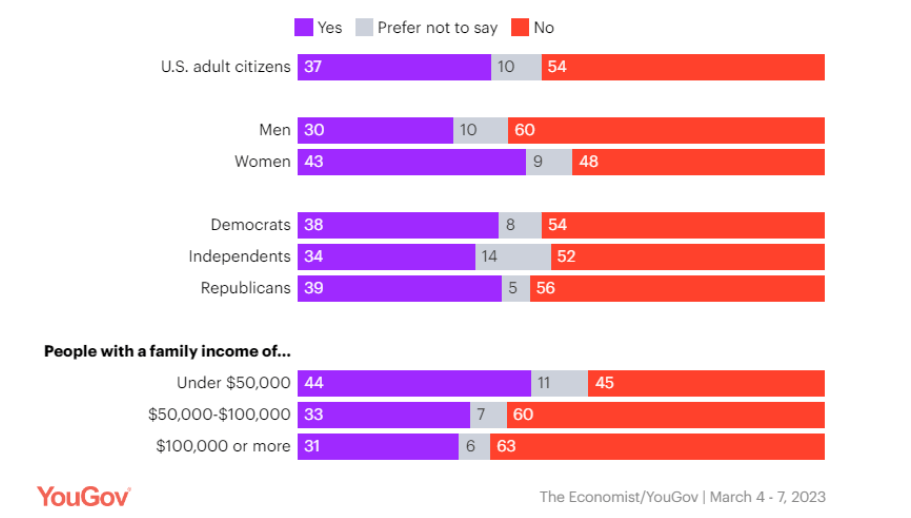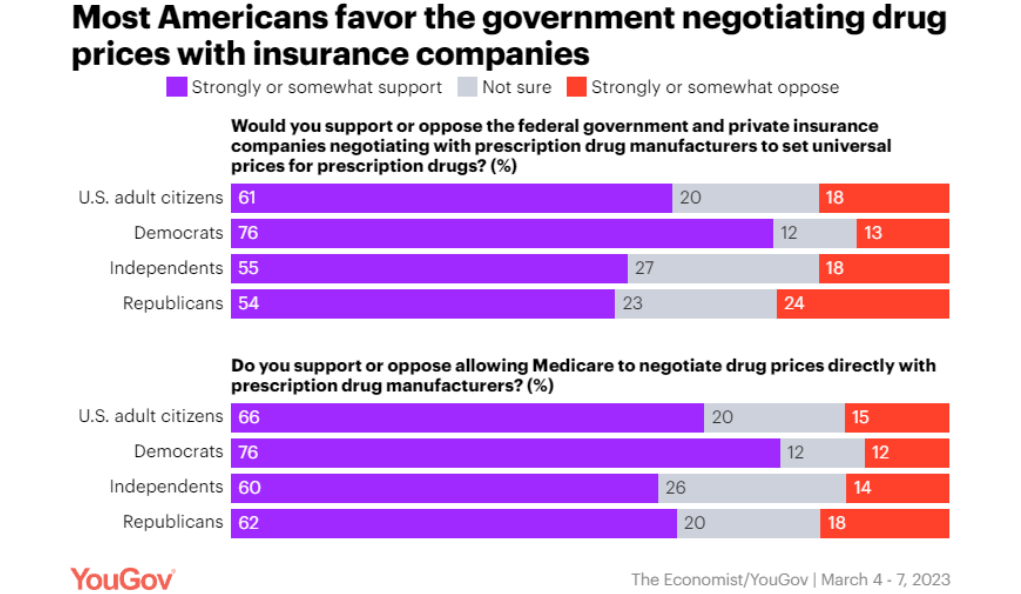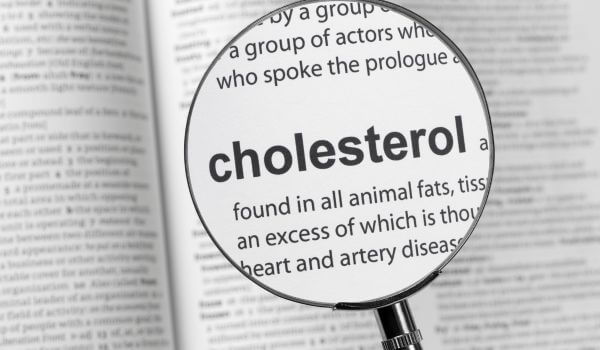According to the US Federal government’s public data published in March 2023 on YouGov.com, more than one-third of Americans ignore their prescriptions or have not filled a prescription because of its cost. When a prescription is ignored, the consequences can be severe, impacting the health of the patient, their families, and the whole healthcare system. Repeated doctor visits, hospitalizations, disability, and, in certain situations, even death can follow when a person can’t get the medication they need to stay healthy.
What are the stats behind ignored prescriptions?
The global statistics given by YouGov.com don’t tell the whole story about people who ignore their prescriptions. Indeed, slightly more than one in three prescriptions are not filled (37%). But if we break that down into smaller population groups, we get even more clarity on the bigger picture.
For starters, the rate of prescription wastage for women who ignore their prescriptions is nearly fifty percent higher than for men (43% to 30%). Forty-four percent of people with a family income of $50,000 or less discard their prescription because of cost. Even for middle-income people (between $50K and $100K), the discard rate because of cost is one-third.
What will it take to fix this problem?
In simple terms, the answer is that government push-back on insurance companies is what it will take to fix this problem.
What is clear from the statistics is that all of these findings relate to the issue of whether the government should negotiate with insurance companies or Medicare for better prices.
At least two-thirds of participants in the study agreed that laws that limit the prices of common medications should be passed. 74% of people polled want better pricing for cancer medications, 73% for diabetes meds, 72% for blood thinners, and 69% for antidepressants.
The main effect of such a deal would be to lower the cost of drugs to the insurance companies themselves, not necessarily to the patients. And what of the 30 million Americans without health insurance? How are they meant to afford life-saving medicine? And even for those with health insurance, can they wait for the government to pressure companies into a price drop, and in the meantime, simply go without doctor-recommended medications because of cost?
This is the main reason why we created IsraelPharm over 15 years ago. To provide a more affordable online solution for prescription medications for US citizens (and beyond).
Why wait for the US government to negotiate fair pricing on your behalf? IsraelPharm provides affordable medication right now.
In Israel, the government has imposed tight controls on retail pharmacy pricing. In effect, prices for all approved drugs are capped and generally between fifty and eighty percent lower than the retail prices in US pharmacies. This allows you to get access to the drugs you need that might otherwise be out of reach purely because of cost. See the table below to see how IsraelPharm’s prices compare to US retail pricing on commonly prescribed medications for the four conditions addressed in the survey above.
Most Affordable Medications for Treating Cancer – Estimated Price and Cost Savings
| Drug | Main action | US retail cost per tablet | IsraelPharm price |
| Afinitor
(everolimus) |
prescribed for a wide range of cancers, tumors and carcinomas, | 10mg – $643 | $65 |
| Sutent
(sunitinib) |
treats gastrointestinal stromal tumors and advanced renal cell carcinoma (RCC | 50mg – $664 | $90 |
| Tarceva
(erlotinib) |
treatment for patients with locally advanced or metastatic non-small cell lung cancer (NSCLC) | 150mg – $279 | $30 |
| Xalkori
(crizotinib) |
prescribed to treat people with non-small cell lung cancer (NSCLC) | 250mg – $349 | $51 |
| Zelboraf
(vemurafenib) |
for treatment of patients carrying BRAF V600E genetic mutation with metastatic melanoma or Erdheim–Chester blood disease (ECD) | 240mg – $49 | $12 |
| Zytiga
(abiraterone acetate) |
for metastatic high-risk castration-sensitive prostate cancer (CSPC) in men | 250mg – $90 | $14 |
| Tafinlar
(dabrafenib) |
treats metastatic and inoperable melanomas, non-small cell lung cancer (NSCLC) and anaplastic thyroid cancer (ATC) | 75mg – $112 | $20 |
Most Affordable Medications for Treating Diabetes – Estimated Price and Cost Savings
| Drug | Main action | US retail cost | IsraelPharm price |
| Ozempic
(semaglutide) |
weekly injection of semaglutide GLP-1 receptor agonist to help control blood sugar levels in type II diabetes | 1 pen – $950 | $550 |
| Semaglutide
(custom compounded semaglutide) |
weekly injection of semaglutide GLP-1 receptor agonist to help control blood sugar levels in type II diabetes | 1 pen – N/A | $390 |
| Mounjaro
(custom compounded tirzepatide) |
weekly injection of GLP-1 receptor agonist to help control blood sugar levels in adults | 30mg x 1 vial – $1,350 | $700 |
| Rybelsus
(semaglutide) |
oral tablet version of semaglutide GLP-1 receptor agonist taken daily to help control blood sugar levels in adults | 7mg – $31 | $12 |
| Steglatro
(ertugliflozin) |
sodium-glucose cotransporter 2 (SGLT2) inhibitor that ensures that glucose is expelled through urine | 15mg – $11 | $3 |
Most Affordable Blood Thinners – Estimated Price and Cost Savings
| Drug | Main action | US retail cost per tablet | IsraelPharm price |
| Eliquis
(rivaroxaban) |
forms of novel anticoagulants that offer greater benefits than many other anticoagulants, such as warfarin and dabigatran, because they prevent clots from forming in the first place. | $9 | $2 |
| Xarelto
(apixaban) |
$24 | #3 |
Most Affordable Medications for Treating Depression – Estimated Price and Cost Savings
| Drug | Main action | US retail cost per tablet | IsraelPharm price |
| Trintellix (vortioxetine) | selective serotonin reuptake inhibitors (SSRIs) inhibit the reuptake of serotonin, which allows more free serotonin to be available for neurotransmission cycles | 10 mg – $19 | $2 |
| Zoloft
(sertraline) |
50mg – $16 | $1 |


















